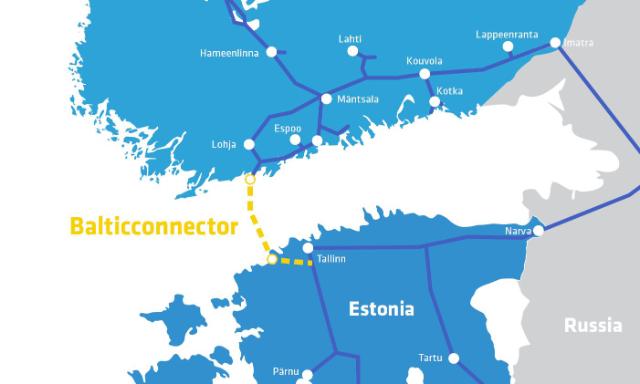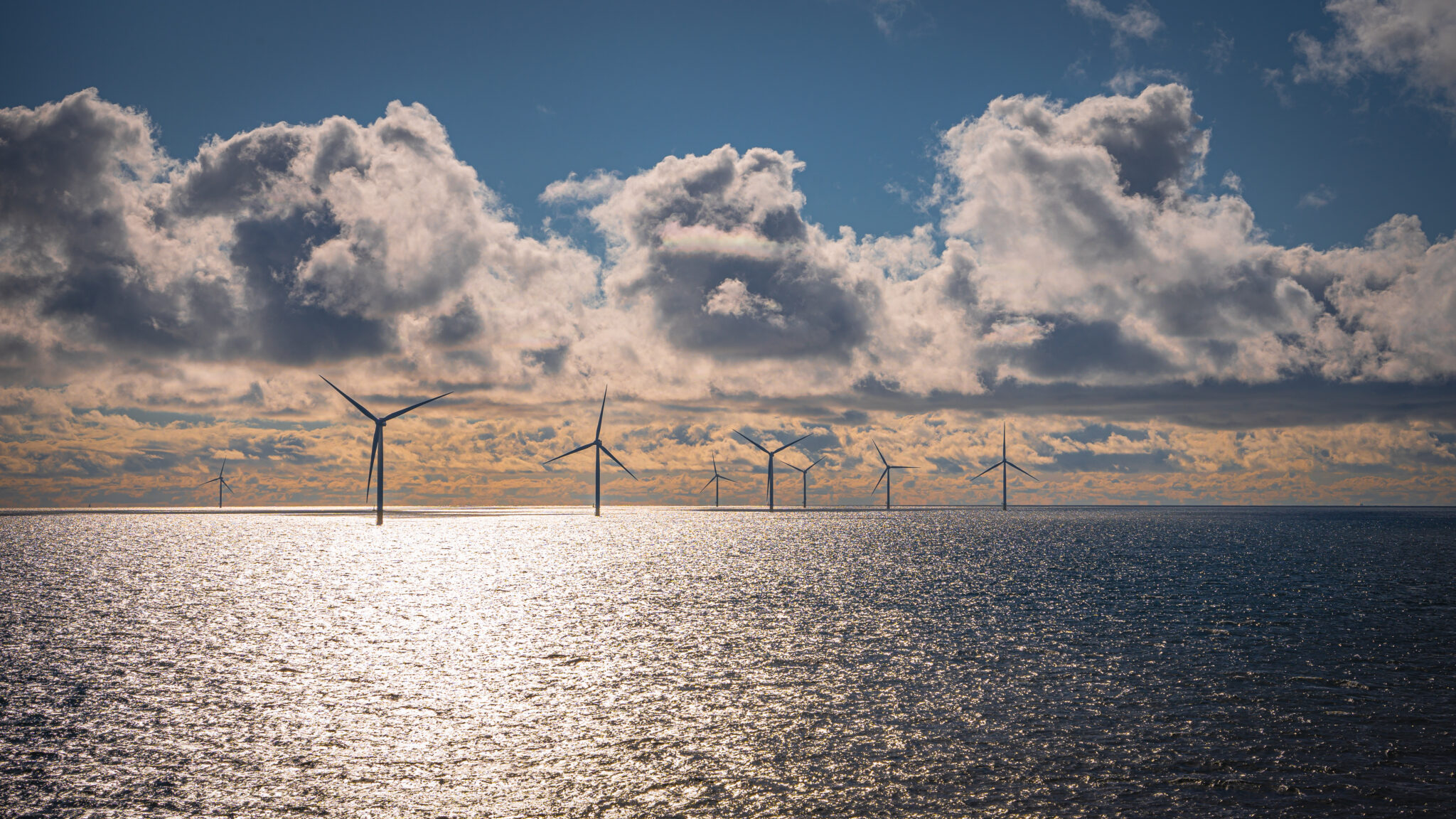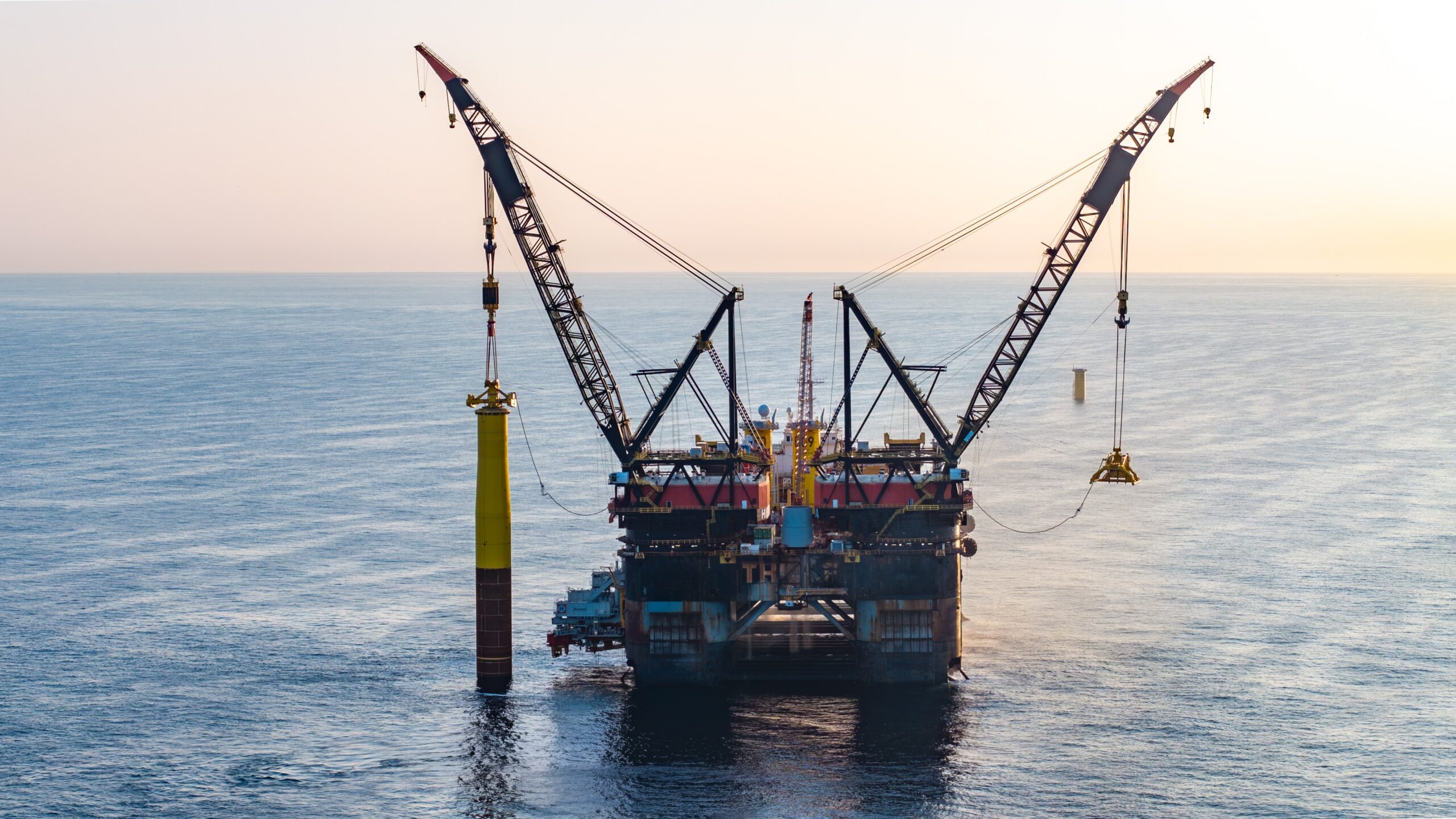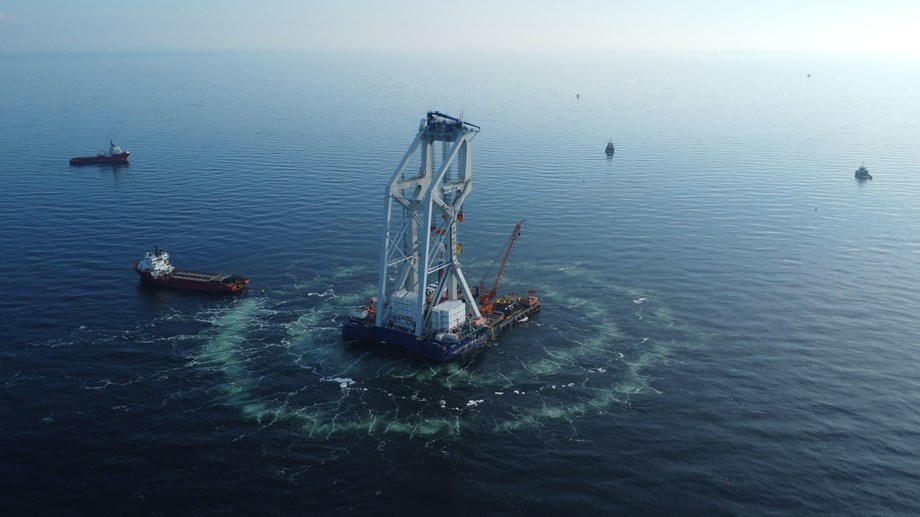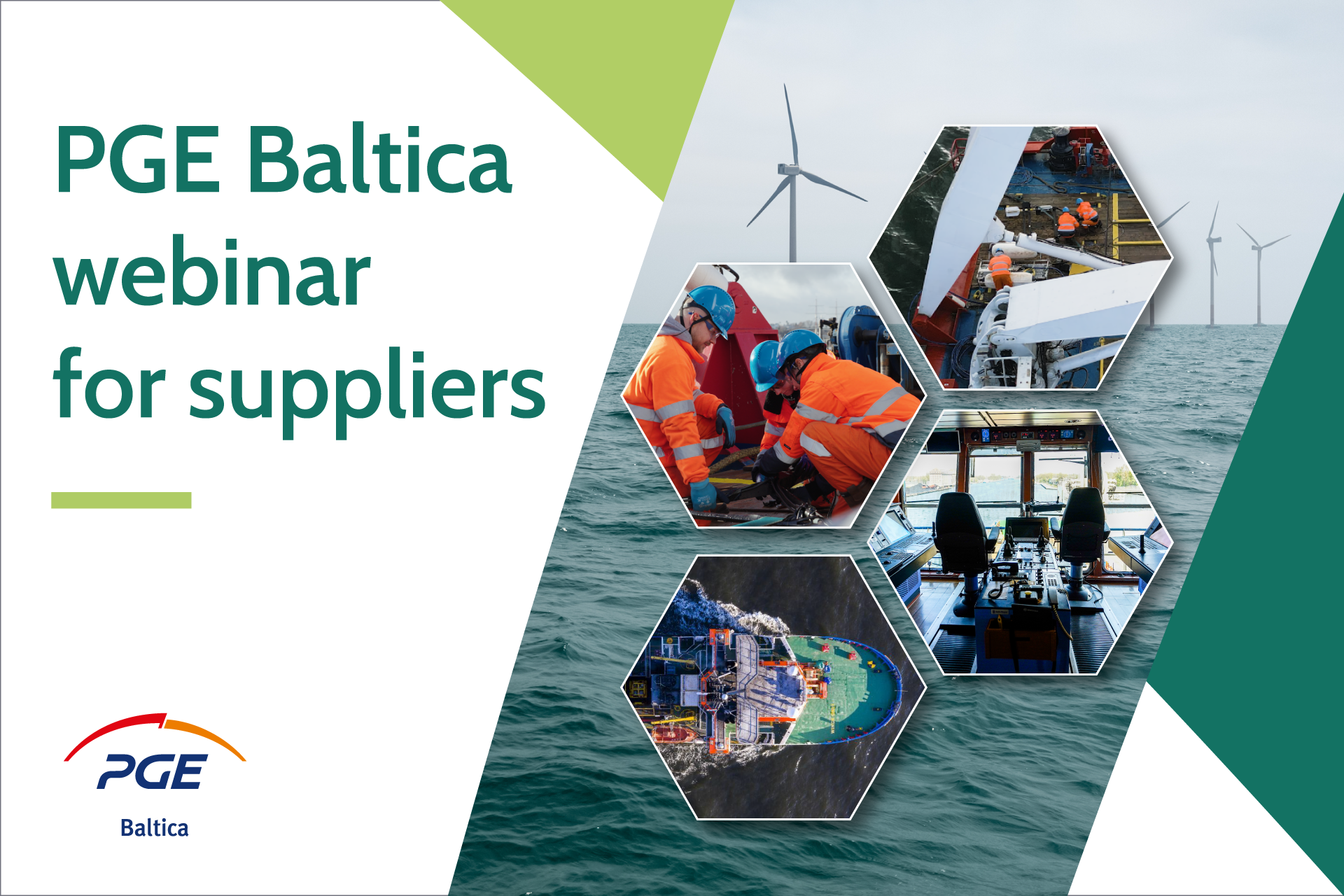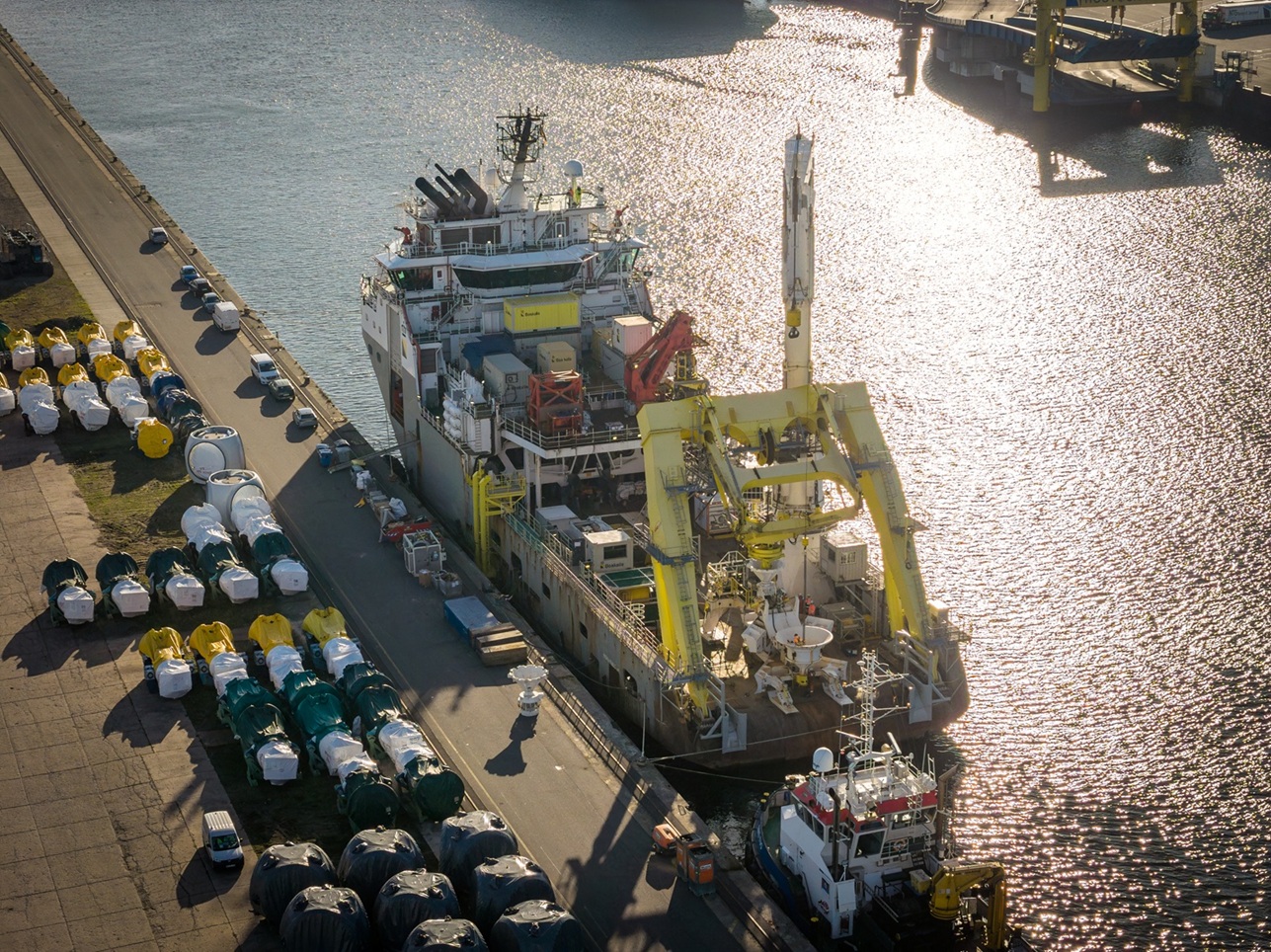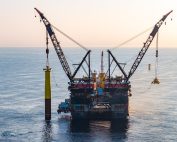The recent incidents involving damaged underwater telecommunication cables between Sweden and Estonia, and gas pipeline leaks in the Baltic Sea, serve as stark reminders of the vulnerability of critical energy infrastructure in the region. As reported by Politico and Swedish public television company – Sveriges Television (SVT), these incidents, which are suspected to be the result of external activity, have raised concerns about the security of vital infrastructure, especially as the development of offshore wind farms in the Baltic Sea gains momentum.
The damage to the telecommunication cable and gas pipeline, which occurred in close temporal proximity, is alarming. While the investigation is ongoing, there are suspicions of a “state actor” being involved, with Russia being a subject of speculation. These incidents have led to a heightened sense of urgency in securing the energy infrastructure in the Baltic Sea, considering the potential implications of a future offshore wind farm network.
The development of offshore wind farms is a promising and environmentally friendly energy solution that can contribute significantly to reducing carbon emissions and providing a sustainable energy source. However, for such projects to succeed and flourish, it is imperative to ensure the safety and reliability of the supporting energy infrastructure.
One of the key factors to consider is the interconnected web of cables and pipelines that crisscross the seabed in the Baltic Sea. As described by SVT’s security reporter John Granlund, this “spaghetti of cables” is critical to telecommunication and data traffic, making it the backbone of our interconnected world. Any disruption in this infrastructure not only affects energy supply but also hampers communication, commerce, and national security.
NATO’s expressed support for a thorough investigation into the recent incidents and their commitment to a “united and determined response” highlights the seriousness of the situation. As both Finland and Estonia are NATO members, these incidents not only have regional implications but international ones as well. It underscores the need for stronger international cooperation and security measures.
In light of these developments, it is crucial for Baltic Sea nations to take proactive steps to safeguard their critical energy infrastructure. Here are some necessary measures to consider:
The incidents in the Baltic Sea underscore the need to take immediate and robust action to secure critical energy infrastructure, especially in the context of offshore wind farms. The future of energy production lies in renewable sources, and as the world embraces this change, we must ensure that the infrastructure supporting it is resilient and secure. The recent events serve as a wake-up call, reminding us that safeguarding our energy infrastructure is not just a matter of convenience but a vital element of national and international security.
Source:
Politico, Telecom cable between Sweden and Estonia was damaged, https://www.politico.eu/article/telecom-cable-sweden-estonia-damage-nato/
SVT, Svensk undervattensledning skadad, https://www.svt.se/nyheter/inrikes/forsvarsministern-haller-presskonferens
